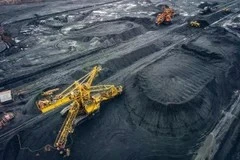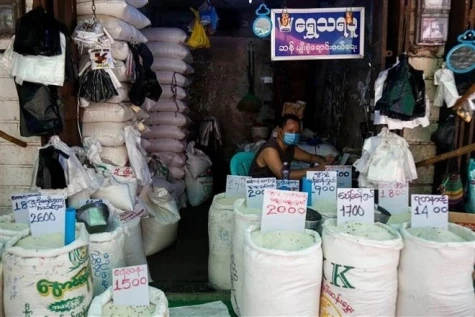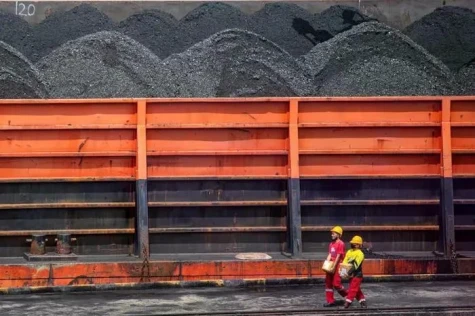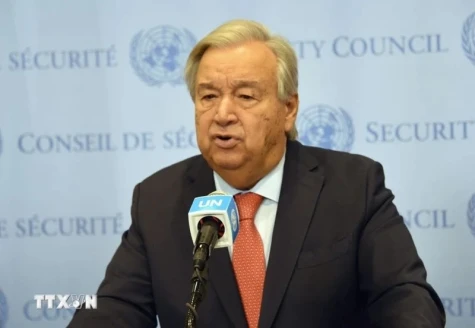The Organisation of the Petroleum Exporting Countries and its partners (OPEC+) has announced that it will increase oil production as planned, starting from April 1. This marks the first planned production increase since 2022 and is considered a cautious strategic shift by OPEC+ as it moves toward reversing the 2.2 million barrels per day production cut, which the group had regarded as a safety measure to stabilise oil prices.

Amid ongoing global uncertainties, including persistent conflicts and the risk of trade tensions, the decision of OPEC+ to raise output is expected to have a significant impact on the volatile oil market.
Eight OPEC+ countries, including Saudi Arabia, Russia, Iraq, the United Arab Emirates (UAE), Kuwait, Kazakhstan, Algeria, and Oman, will increase oil production. Since 2022, these nations have agreed to a series of production cuts to support the oil market. The 2.2 million barrels per day (bpd) production cut was implemented in the first quarter of 2024 and has since been extended multiple times, with the most recent extension lasting until the end of the first quarter of 2025. Three separate production cuts have resulted in a total reduction of 5.85 million bpd among OPEC+ members, equivalent to approximately 5.7% of global oil supply.
Saudi Arabia has borne the largest share of these cuts, reducing 2 million bpd over the past two years. Amid recent market shifts, OPEC+ has decided to gradually increase output, starting with an additional 138,000 bpd.
The gradual and flexible production recovery agreement, set to begin on April 1, is based on the oil market's "strong fundamentals and positive outlook". However, OPEC+ has indicated that production increases could be paused or reversed depending on market conditions. This flexibility allows the group to continue supporting the stability of the global oil market.
Previously, analysts predicted that the supply-demand outlook suggested OPEC+ could gradually add more production before summer, with the risk of oversupply only emerging by the end of the year. The production cuts by OPEC+, led by Saudi Arabia and Russia, were expected to help stabilise oil prices in early 2025 before potential declines later in the year as supply increases. However, following OPEC+'s decision to gradually raise production, the market is now awaiting US crude oil inventory data. According to market sources citing American Petroleum Institute (API) data on March 4, US crude oil stockpiles decreased by 1.46 million barrels in the last week of February.
The plan to increase production was not easy for OPEC+ members, who face geopolitical and economic uncertainties, along with internal disagreements within the alliance. Given the low raw material prices and conflicting national interests, achieving consensus within OPEC+ remains challenging. Saudi Arabia, known for its cautious approach to market stability, is not rushing to open the oil taps, while other members, such as the UAE and possibly Russia, are pushing for higher production and exports.
OPEC+’s decision to boost output has led to a decline in global oil prices. However, the anticipated downward price trend is also driven by forecasts that global oil production will increase by 1.9 million barrels per day in 2025 and 1.6 million barrels in 2026, primarily from non-OPEC+ producers and OPEC+'s relaxation of output cuts.
According to the latest Short-Term Energy Outlook (STEO) report, Brent crude oil prices are expected to average 74 USD per barrel this year before declining to 66 USD per barrel by 2026 as global inventories increase. In addition to oversupply concerns, oil prices are also under pressure due to positive developments in ceasefire negotiations between Russia and Ukraine, as well as the possibility that US President Donald Trump may ease sanctions on Russia.
Amid current geopolitical and economic developments, the higher-than-expected crude oil supply, weaker US economic activity, and policy actions from key OPEC+ leaders, who steer the global oil market, pose a downside risk to oil price forecasts.
NDO






























